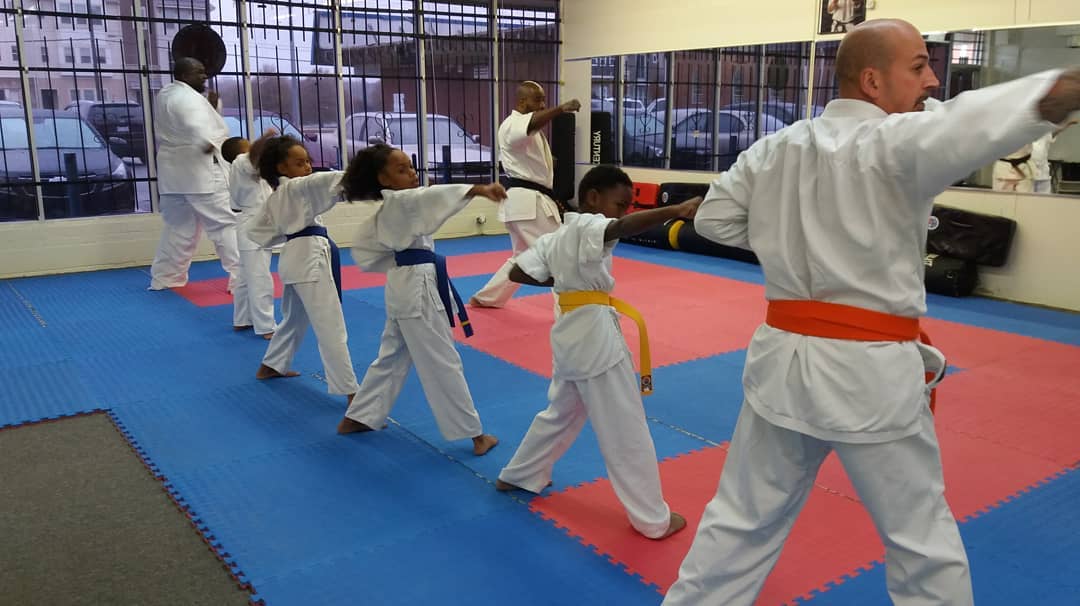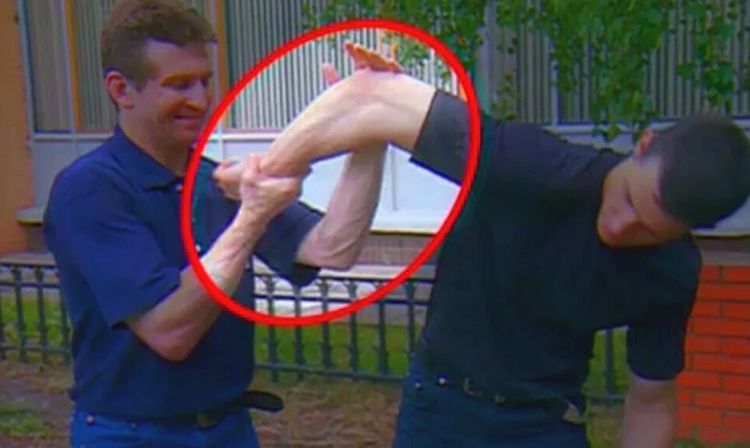Let’s look at a list of five actions we can consistently take which will transform your abilities and skills!
1) Take Notes
Er, what was it sensei said last week?
It is abso-freakin-lutely mind-blowing how many things we forget from class! Just because you are standing in a pond filled with fish doesn’t mean you are catching them. The action of reach out there with your net and catching them is necessary for true progress to be made!
In other words, you did something right — you put yourself in an environment filled with exciting new information, now do the write thing — jot down notes about what you discover in class and from conversations with classmates.
If a handy-dandy notebook ain’t your cup of tea, at least dictate audio notes into your phone or tablet.
As you continue your martial art journey, it is extremely likely that the things you were told during your fledgling days will also come back to guide your progress towards perfection for many more years forward.
Believe me, you don’t want to lose these thoughts!
Mind you, action can speak louder than words. Rather than (or perhaps, in addition to) trying to
perfectly articulate every single step of your training, let’s not forget the power of video.

2) Record Video
Mirror mirror, in the dojo, how can I improve while training solo?
Some martial art studios keep mirrors in the training area so that students can review their practice in real-time (and also to help the teacher guide the class easier — they don’t need to turn and face the class each time to demonstrate a move).
Some martial art studios prefer working without mirrors so that students don’t focus on anything external during their training. The teacher doesn’t want them to focus on how their movements look, they want students to self-reflect and study how it feels.
Both are very, very valid arguments.
There is also a third option we mustn’t forget about when training at home. This option allows you to stay present in the moment of movement, yet still, review your progress. This is the power of that super-tool in your back pocket — your phone.
Use your phone and record how well you can perform movements you’ve been working on. If you want to take it a step further, use the camera as an audience and try to “teach” the technique or form you are working on.
Bonus point, over time these videos become your “baby footage”. You can look back at these old recordings and see the progress you have made. This is wonderful for maintaining motivation during moments when your intrinsic motivation wanes.
Don’t forget your past progress in pursuit of a better future.

3) Ask Questions
Think back to your diaper days.
When growing up, how did you discover how the world worked?
For most of us, we had curiosity and asked for answers. And then we asked more questions again and again. Rather than be satisfied with the first thing told to us, we wanted answers that actually told us everything. Waiting below the surface of our first ask of “why” was a million more questions ready to launch.
Unfortunately, we eventually grow up and lose that innate curiosity. Either that, or we believe we would look too silly if we kept prying for deeper answers.
My thoughts: you are only a fool if you actively avoid knowledge. Ask.
Then ask some more.
When you are shown a technique or presented with an idea, ponder it appropriately on your own and try to figure out the answer. Regardless of whether you come up with an answer or you are completely stumped, follow up with a senior classmate or your teacher. They can either confirm your idea or guide you towards a more appropriate answer.
Questions also help teachers and senior students. It can either help reinforce knowledge we already know or it can encourage a new perspective on what we believed.
It is better to be a teacher faced with a question unanswerable than to solely spew out answers unquestionable.
Find the other two tips HERE.



